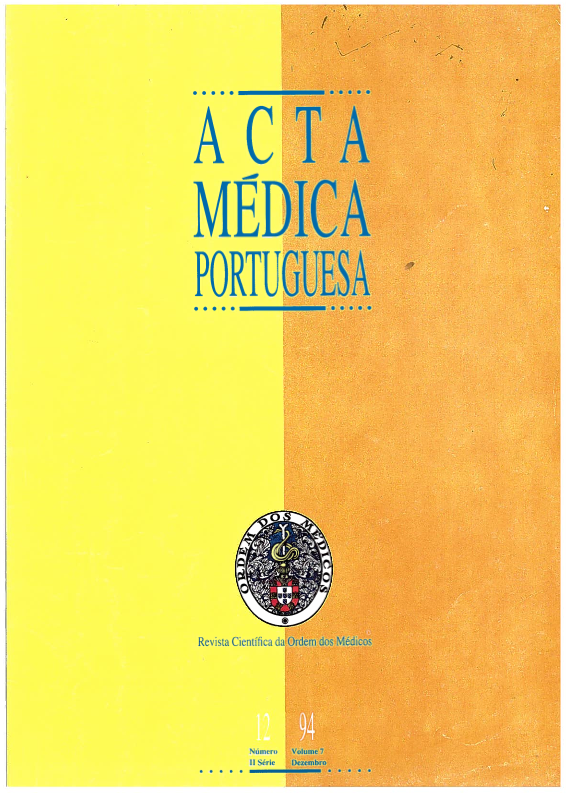Stress proteins.
DOI:
https://doi.org/10.20344/amp.3015Abstract
Cells from all organisms have developed a remarkable number of strategies to deal with adverse changes in their environment. One of these protective mechanisms is the heat shock response, or stress response, characterized by the extremely rapid increased expression of a selected group of proteins--the heat shock proteins (hsp)--after a sudden increase in the normal cellular growth temperature. The same response takes place when cells are subjected to a wide variety of other stressors: a) environmental assaults: exposure to heavy metals, alcohols, inhibitors of energy metabolism, amino acid analogues; b) states of disease: ischemia, oxidative injury, infectious diseases, immunity disorders and malignancy. On the other hand, some hsp are believed to play an important role in protein maturation steps and in cellular development and differentiation. The understanding of stress response is still incomplete but the promise of its medical applications for fighting against ischemia, infection, immunity diseases and cancer is clearly on the horizon.Downloads
Downloads
How to Cite
Issue
Section
License
All the articles published in the AMP are open access and comply with the requirements of funding agencies or academic institutions. The AMP is governed by the terms of the Creative Commons ‘Attribution – Non-Commercial Use - (CC-BY-NC)’ license, regarding the use by third parties.
It is the author’s responsibility to obtain approval for the reproduction of figures, tables, etc. from other publications.
Upon acceptance of an article for publication, the authors will be asked to complete the ICMJE “Copyright Liability and Copyright Sharing Statement “(http://www.actamedicaportuguesa.com/info/AMP-NormasPublicacao.pdf) and the “Declaration of Potential Conflicts of Interest” (http:// www.icmje.org/conflicts-of-interest). An e-mail will be sent to the corresponding author to acknowledge receipt of the manuscript.
After publication, the authors are authorised to make their articles available in repositories of their institutions of origin, as long as they always mention where they were published and according to the Creative Commons license.









